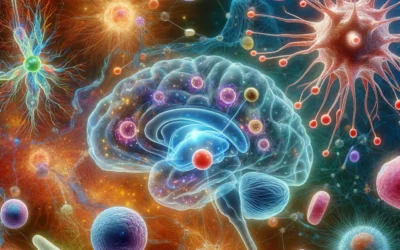 Michael A. Kamins (Stony Brook University-SUNY), Valerie S. Folkes (University of Southern California), and Alexander Fedorikhin (Indiana University) are releasing an study in the December 2009 edition of Journal of Consumer Research on what’s been dubbed the “freebie devaluation effect”. Basically this study found that describing a bundled item as “free” decreases the amount consumers are willing to pay for each product when they are sold individually.
Michael A. Kamins (Stony Brook University-SUNY), Valerie S. Folkes (University of Southern California), and Alexander Fedorikhin (Indiana University) are releasing an study in the December 2009 edition of Journal of Consumer Research on what’s been dubbed the “freebie devaluation effect”. Basically this study found that describing a bundled item as “free” decreases the amount consumers are willing to pay for each product when they are sold individually.
This study echos similar studies into the impact of giving away free items with purchase, BOGOFs and other similar price promotions, warning that the long term results aren’t always necessarily worth the short term uplift in sales.
The basic problem with these kinds of price promotions comes about because people can’t assess the value of the bundled items and hence either believe the quality is substandard (or else the marketer wouldn’t be giving one away) or mentally split the cost between the two items (believing the marketer wouldn’t be loosing money).
Its important to remember though that there are ways of getting around this “freebie devaluation effect” which are relatively simple and well researched in their own right.
- Tell the consumer the value of the free item (and don’t overstate it to the point of incredulity)
- Tell the consumer why you’re doing the bundling eg “Try our new scent” or whatever the add-on is in the bundle
- Simply bundling the two items together without saying one is “free” – this works really only with two closely related products (eg razors & blades) where the absence of using the word “free” means scepticism isn’t raised in the mind of the consumer which then trips the freebie devaluation. People are more likely to see this as a special or a promotional bundle rather than get caught up with the validity of the free claim
Image Credit 1



